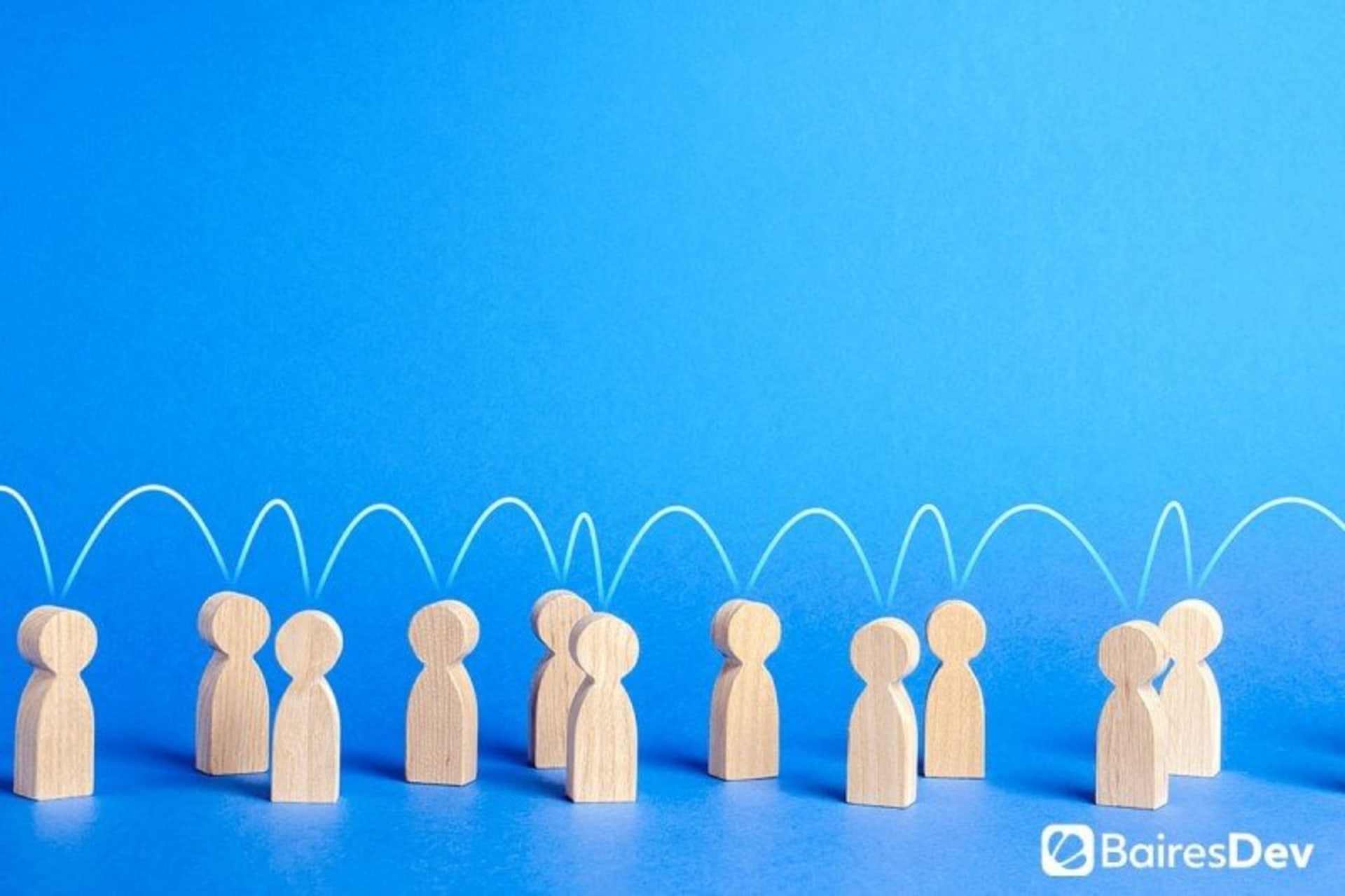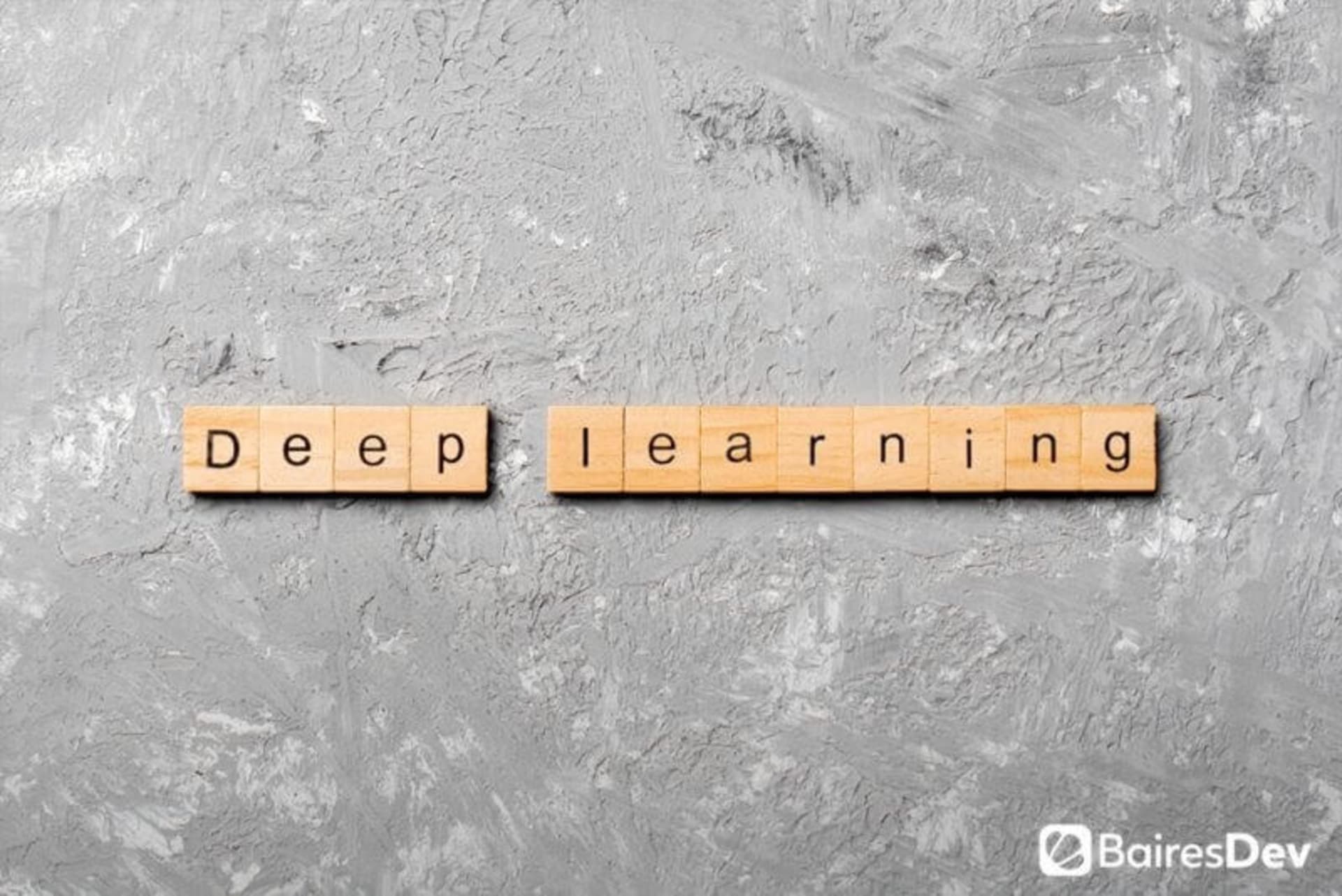“I don’t know”
That phrase, simple as it might seem, can be one of the most terrifying expressions in the English language. The fear of feeling that we are not in control of a situation, or that we don’t know enough, or that we might be perceived as amateurs can be paralyzing. And yet, understanding and clearly laying out our limitations is the basis for the vulnerable expert framework.
Putting the know-it-all to rest
I wish I could say that the know-it-all expert is a thing of the past, but much like the A-type personality salesman, it’s still a very prevalent issue in client relations. It’s the kind of people that believe that to make a good impression on the client they have to be in control, they need to have all the answers, and, most importantly, they need to be the expert.
The problem with this kind of approach is that the conversation tends to become a monologue. The expert might ask a question here or there, but as soon as they feel like they have figured it out, they will take control and start talking non-stop, proposing solutions until one hits the bullseye. It’s a one-person show.
Suffice to say, that kind of approach is toxic for two reasons:
- First, these so-called experts will make assumptions about the project without understanding the context of the client or without asking for their input. As an expert, they want to sell the image that they know everything and that nothing will come as a surprise.
- Second, worrying about their own reputation will often lead to overpromising and overcommitting. The know-it-all expert doesn’t like to say “No” – they want to protect their image as the person who can do anything.
To be fair, most know-it-all experts don’t assume that role out of malice. They truly want to help their clients, it’s just that they believe that selling the image of the perfect consultant or developer is the best way to provide assistance.
Who is the vulnerable expert?
Imagine a person who has a wealth of experience and knowledge as a software developer. A person who has worked in dozens of projects involving applications, AI, and different programming languages. Someone who has worked in different teams with different methodologies. Someone whose track record is outstanding.
Now, imagine that same person is as inquisitive as a child, asking about everything, letting themselves be amazed by what they experience, and never being satisfied with a yes or no answer. That’s your vulnerable expert.
Blair Enns puts it beautifully when he says “You can be slick or the client can be slick, it’s better if it’s the client.” What that entails is that we should move the spotlight from our expertise towards the needs of the client. We should focus on listening and understanding instead of presenting a product or solution.
The client is also an expert
The first step towards the vulnerable expert framework is that both developer and client need to accept that the former is a human being with their own limitations and that the latter is an expert who understands their problem better than anyone else.
The client is the one who is telling the story. They understand their limitations, their resources, their timeframes, and they see things from a personal perspective that we as developers might not be able to grasp at first.
As such, more than having all the answers, what makes a good vulnerable expert is their ability to make the right questions. Their expertise will help the developer guide the conversation and give them insights on what kind of topics it might be worth exploring.
The power of not knowing
If you like psychology you’ve probably heard of the Dunning-Krueger effect. For those who are unaware, it goes something like this: “The less we know about a certain field the more we believe we are proficient in that field”.
That may sound illogical, but there is actually quite a good explanation. Experts have more experience and tend to have more knowledge about their respective fields. As such, they tend to be more aware of the obstacles, problems, and limitations of their areas, so they are more critical of their own knowledge and work.
The lesson here is that having an answer for everything isn’t the sign of a true expert. In fact, it can be quite the opposite. Saying “I don’t know, but let me get back to you on that” to a client shouldn’t be a red flag. On the contrary, it’s a clear sign that the developer is well aware of their own limits, and that instead of shooting from the hip they are being responsible.
Being thoughtful and self-aware
The vulnerable expert is the anti-matter of the pushy foot-on-the-door salesman. They take their time and listen closely to what their client has to say, ask follow-up questions and take notes that will help them remember the conversation later.
A vulnerable expert might feel the need to make a comment or disagree with their client, but they will recognize that in doing so they are taking the attention away from the client and putting it on their expertise. As such, they will bite their tongue and curiously explore the triggering comment instead of dismissing entirely.
The vulnerable expert is almost like a zen master who empties their consciousness so that it can be filled with the client’s story. If asked, they will give their input, but they will seldom push what they consider to be the best solution.
Finally, the vulnerable expert doesn’t speak in their own language. They learn how to speak the language of their client, using the same words and paraphrasing what their client has said. In a way, the vulnerable expert becomes a mirror that reflects the knowledge of the client.
Empowering our clients
In the end, the keyword here is empowerment. The vulnerable expert framework seeks to shift the power relation between the consultant and client, creating a more horizontal and honest communication between the parties.
When done correctly, a client becomes more self-aware of their role in the process and, at the same time, they become more involved. The developer, on the other hand, gets a clearer picture of the project and earns the trust of their client.
That is the power of being vulnerable.






